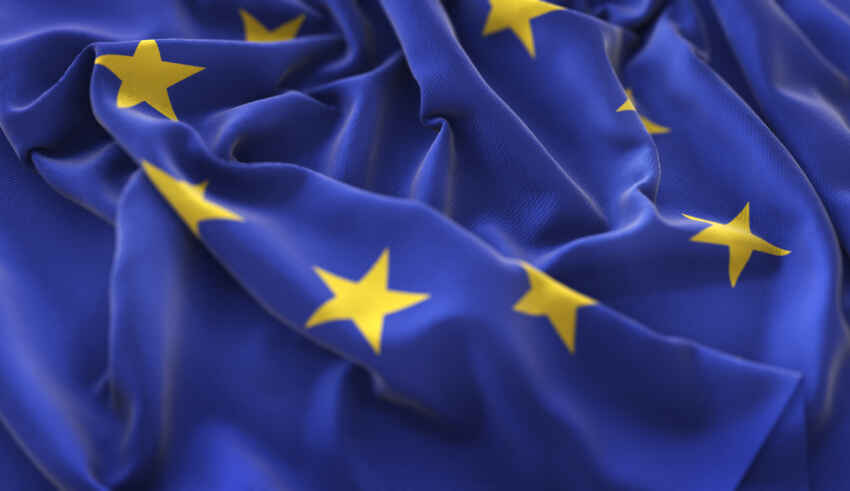
Populist “anti-European” parties are set for substantial gains in the upcoming June European elections, potentially tilting the parliamentary balance significantly to the right and posing a threat to crucial aspects of the EU’s agenda.
A comprehensive analysis, incorporating polling from all 27 EU member states and modelling past European parliament elections, indicates that radical right parties are likely to secure first-place finishes in nine countries, including Austria, France, and Poland. Additionally, projections suggest these parties could secure second or third positions in other nine countries, including Germany, Spain, Portugal, and Sweden. This outcome might pave the way for an unprecedented majority right-wing coalition in the parliament, uniting Christian Democrats, conservatives, and radical right MEPs.
Projections suggest mainstream political groups, including the European People’s Party (EPP), Socialists and Democrats (S&D), Renew Europe (RE), and Greens (G/EFA), are likely to lose MEPs. Meanwhile, the more radical Left group and populist right, represented by the European Conservatives and Reformists Group (ECR) and far-right Identity and Democracy (ID), could emerge as major victors, potentially forming a majority coalition for the first time.
Notably, the far-right Identity and Democracy (ID) group is projected to gain up to 40 more seats, reaching a total of 98, and potentially becoming the third-largest political force. This opens up the possibility of a “populist right” coalition (EPP, ECR, and ID) with 49% of MEPs in the new parliament. Importantly, if Hungary’s Fidesz party were to join the national-conservative ECR the current parliamentary balance would be significantly impacted. Overall, the existing “super coalition” of mainstream parties (EPP, S&D, and RE) is projected to decrease from 60% of MEPs to 54%.
This data should be a wake-up call for European policymakers, underscoring the far-reaching implications of the elections. The concrete possibility of the next European parliament being ruled by a right-wing majority, means that some of the key points on the Union’s agenda may be undermined. For example, the Union’s environmental policy could be severely impacted. As a result, the progress ensured by S&D, RE and the Left would be undone. Legislation on Europe’s green deal would most likely be stalled and in the worst-case scenario there could be a “anti-climate policy action” coalition.
Similarly, a tougher stance on EU sovereignty would be taken. This includes matters of migration, enlargement and, importantly, foreign policy, especially with regard to Ukraine. Arguably, the greatest impact a far-right majority would have is that on cooperation and on the importance of a unitary vision for the EU which might be replaced by a policy based solely on domestic interests. Specifically, the shift we are witnessing in domestic debates could strengthen the alliance of governments seeking to curtail the EU’s influence from within, including Hungary, Italy, Slovakia and possibly the Netherlands if Geert Wilders’ PVV assumes power.
This point assumes even greater significance when it is considered that the return of Donald Trump in the U.S. combined with and a right-leaning, inward-focused coalition in the European parliament might lead to a rejection of strategic interdependence and international partnerships. In the right-wing parties, both in the US and in the EU, there is a growing tendency towards isolationism. Especially within the EU it is common to hear calls for a break in the US-EU relations based on the assumption that the EU’s policy of quietly following the US has led it to be entangled in counterproductive situations. Therefore, a right-wing majority in the European parliament might significantly exacerbate the risks for international cooperation that the populists movements in EU countries and the US already pose.
The timing of this could not be less convenient given that where the West is showing cracks, the alliance led by China is intensifying its ties. It is therefore of the outmost importance that the disaggregation that a sway of the European parliament towards the right would cause is somehow contained. The first step should definitely be to engage in more efficient campaigns that promote the benefits of multilateralism and assert the mainstream parties as better suited to protect European interests.
In conclusion, the looming surge of populist “anti-European” parties in the June European elections poses a critical challenge to the established political landscape, with projections indicating a potential rightward shift in the parliamentary balance. This transformative outcome could significantly weaken mainstream political groups, which would lead to implications for major EU policies, from the environment and immigration to international cooperation. Considering the increasingly complex geopolitical situation and the rise of the far-right around world, it is necessary for policymakers in the EU to try to contain the influence of populist parties in the European parliament, starting from more efficient campaigning.
By The European Institute for International Law and International Relations












